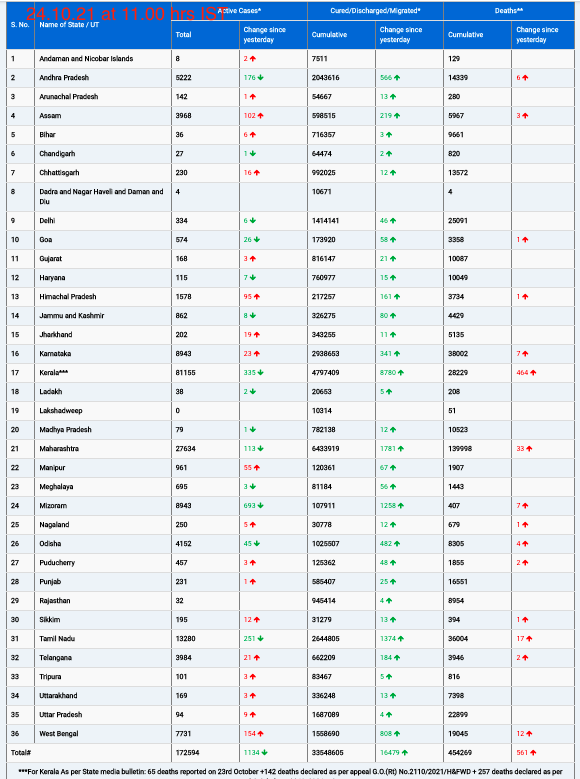A recent study has uncovered promising findings suggesting that women who experience menopause later in life have healthier blood vessels, ultimately lowering their risk of heart disease. The research, published in the Circulation Research journal by the American Heart Association, reveals that women who go through menopause at the age of 55 or later are significantly less likely to experience heart attacks and strokes after menopause compared to those who undergo the process earlier in life.
While women have historically been less likely to die from heart-related issues like heart attacks or strokes than men, research has shown that their risk of heart disease rises dramatically after menopause. The new study, conducted by the University of Colorado Boulder, may provide crucial insight into why later-onset menopause appears to offer a protective effect for women against cardiovascular diseases—one of the leading causes of death among women.
Sanna Darvish, a PhD candidate in the Department of Integrative Physiology at the University of Colorado and lead researcher, explained the findings: “Our study identifies that there’s actually a physiological benefit to later-onset menopause and is one of the first to identify the specific mechanisms driving these benefits.” These findings could lead to new therapies, such as dietary interventions, designed to reduce heart disease risk in women.
The researchers conducted a study with 92 women, examining their vascular health, focusing on a measure known as brachial artery flow-mediated dilation (FMD), which indicates how well the blood vessels in the upper arm expand in response to blood flow. The results showed that postmenopausal women generally had significantly worse arterial function than their premenopausal counterparts. When menopause occurs, the decline in vascular health accelerates. However, women who experienced late-onset menopause—at age 55 or later—seemed to be somewhat protected from this deterioration.
In particular, the study found that women with later-onset menopause had only 24% worse vascular health, compared to 51% worse vascular health in the normal-onset group. This difference in vascular function persisted for five years or more after menopause. Women with later-onset menopause also exhibited better mitochondrial function, producing fewer free radicals, which are harmful to the body. Additionally, the late-onset group showed more favorable levels of various lipid-related metabolites in their blood.
Matthew Rossman, senior author and assistant research professor, explained that the study suggests that women who experience menopause later in life benefit from natural protection against oxidative stress, which is often linked to vascular dysfunction. This study opens up new possibilities for developing interventions that could help protect women’s heart health long after menopause.
As heart disease continues to be the number one killer of women worldwide, these findings may offer valuable insights into how to reduce the associated risks, particularly for those who experience menopause later in life.
Disclaimer: The findings in this study are based on observational data and should not be considered definitive. More research is needed to further understand the mechanisms at play and how they could be translated into effective medical interventions. Women should consult their healthcare providers for personalized health advice.












